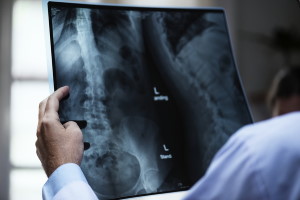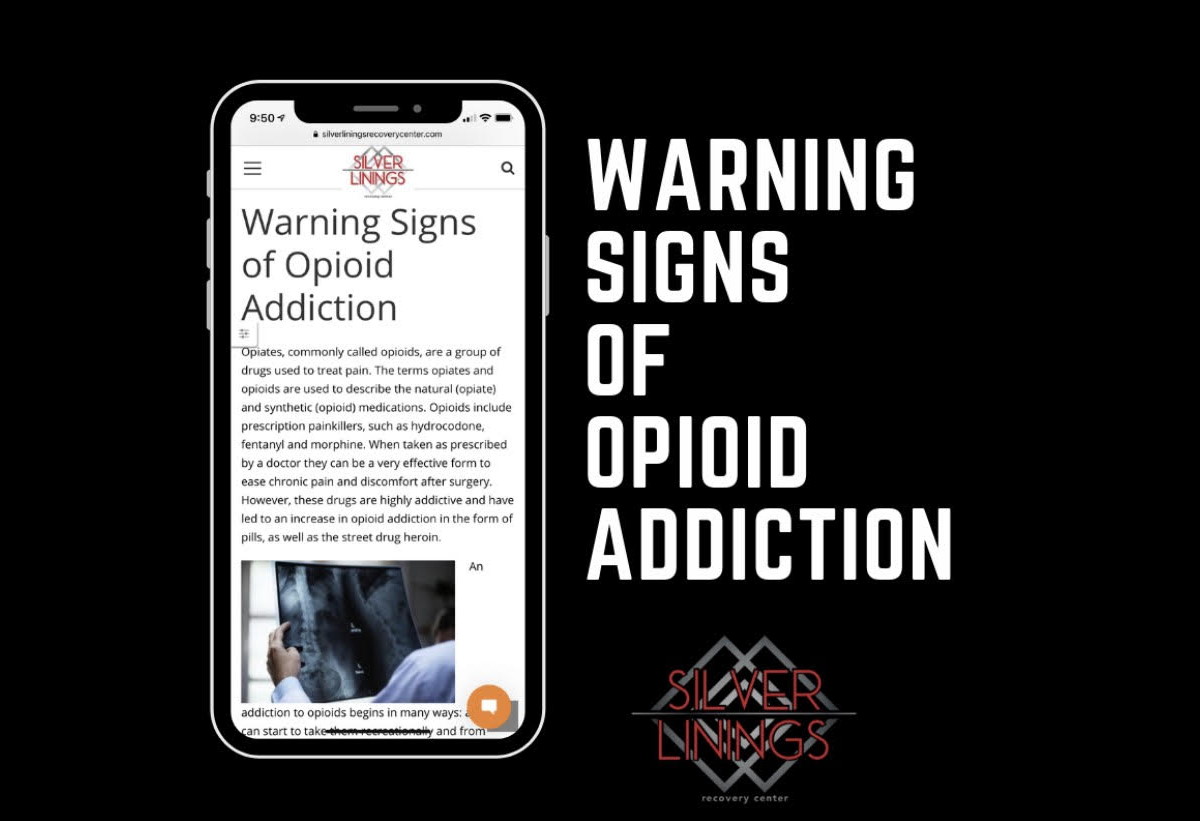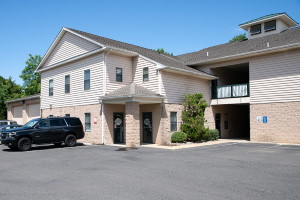[vc_row][vc_column][vc_column_text]Opiates, commonly called opioids, are a group of drugs used to treat pain. The terms opiates and opioids are used to describe the natural (opiate) and synthetic (opioid) medications. Opioids include prescription painkillers, such as hydrocodone, fentanyl and morphine. When taken as prescribed by a doctor they can be a very effective form to ease chronic pain and discomfort after surgery. However, these drugs are highly addictive and have led to an increase in opioid addiction in the form of pills, as well as the street drug heroin.
 An addiction to opioids begins in many ways: a user can start to take them recreationally and from there the abuse spirals out of control. But, more and more, we are seeing these pills prescribed by doctors and as a tolerance is developed, misuse begins and a deep addiction takes root. It is important to know and understand the warning signs of opioid addiction so you can take immediate action and get your loved the addiction treatment they need.[/vc_column_text][/vc_column][/vc_row][vc_row][vc_column][vc_empty_space height=”15px”][vc_column_text]
An addiction to opioids begins in many ways: a user can start to take them recreationally and from there the abuse spirals out of control. But, more and more, we are seeing these pills prescribed by doctors and as a tolerance is developed, misuse begins and a deep addiction takes root. It is important to know and understand the warning signs of opioid addiction so you can take immediate action and get your loved the addiction treatment they need.[/vc_column_text][/vc_column][/vc_row][vc_row][vc_column][vc_empty_space height=”15px”][vc_column_text]
Opioid Abuse Signs & Symptoms
Warning signs of an opioid addiction can be apparent both physically and mentally. The most obvious physical signs include needle marks on arms from injected use, pinpoint pupils, extreme euphoria and flushed/itchy/irritated skin – among others. Behavioral signs of addiction range from falling asleep at inappropriate times to dramatic mood swings, impulsive decision making and withdrawing from social life. The behavioral signs may be more obvious, especially 
Besides physical and mental warning signs to look for, another key way to tell if someone is suffering from addiction is to look for withdrawal symptoms. When someone becomes a prolonged opioid user, even for a short period of time, they begin to experience withdrawals when they don’t have the drugs in their system. Look for vomiting, sweating, nausea, fatigue and anxiety. These symptoms usually cause the user to take extreme measures to get the drugs they need, including doctor shopping, relentlessly begging for money and/or stealing.[/vc_column_text][/vc_column][/vc_row][vc_row][vc_column][vc_column_text]
 Get Help for Opioid Addiction Today
Get Help for Opioid Addiction Today
If you’re concerned a loved one is abusing opioids, it is important to recognize and understand the physical and behavioral warning signs. These signs usually become apparent very early on. If you are able to identify them, treatment and long-term care can be more effective. Silver Linings Recovery Center helps those struggling with opiates, drug and/or alcohol addiction using an individualized, evidence-based treatment approach to long-term recovery. To learn more about our Recovery Center, please call us today at 844-546-4644.[/vc_column_text][/vc_column][/vc_row]

 Get Help for Opioid Addiction Today
Get Help for Opioid Addiction Today